Mortgage Guide
All the information you need to buy a home.
Featured tools

VA loan | VA funding fee 2026
In this article, we'll break down the VA funding fee, what it is, how much it costs, who pays it, and who doesn't. We'll also provide clear examples to help you understand what to..

Seller Credit | Can the seller pay the homebuyer's closing costs?
This article explains how the seller can pay your closing costs when buying a house. You'll learn how they work, when to ask for them, and how to avoid common mistakes.

Mortgage Discount Points: Break-Even Calculator
Mortgage discount points sound like a smart way to lower your rate. For most buyers, they are not. Points require cash upfront, and many homeowners sell or refinance before..
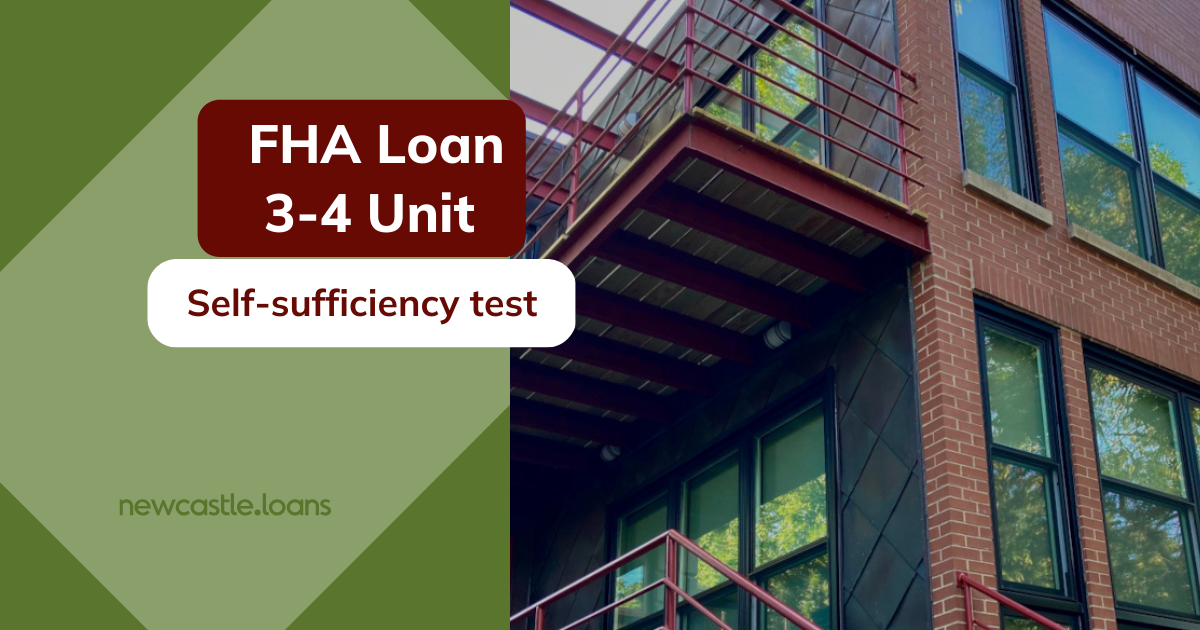
FHA Self-Sufficiency Calculator | 3-4 unit properties
Buying a 3–4 unit property with an FHA loan can be a smart way to build wealth. But FHA adds one extra rule: the property must pay for itself. That rule is called the..

Mortgage Rate Lock | How do rate locks work?
Interest rates can change daily. A rate lock secures your interest rate for a set period, protecting you if rates go up. This lets you know your exact loan cost before closing.
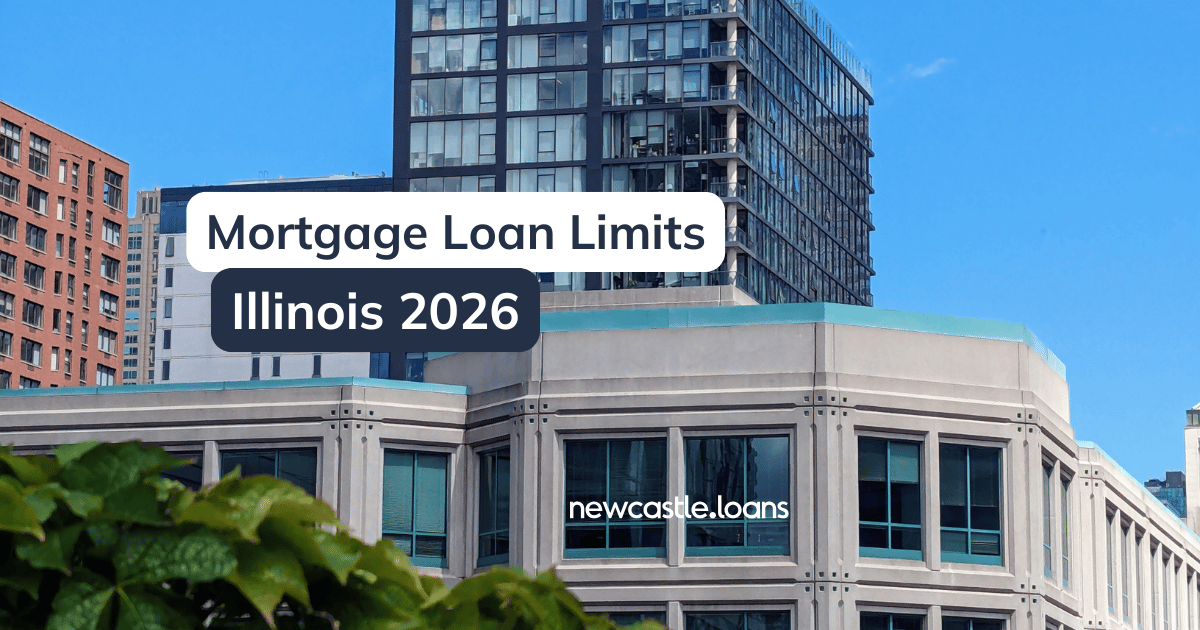
Illinois mortgage loan limits for 2026
The 2026 Illinois loan limits for conventional, FHA, and VA mortgages determine how much you can borrow, depending on the type of loan and property you're buying.
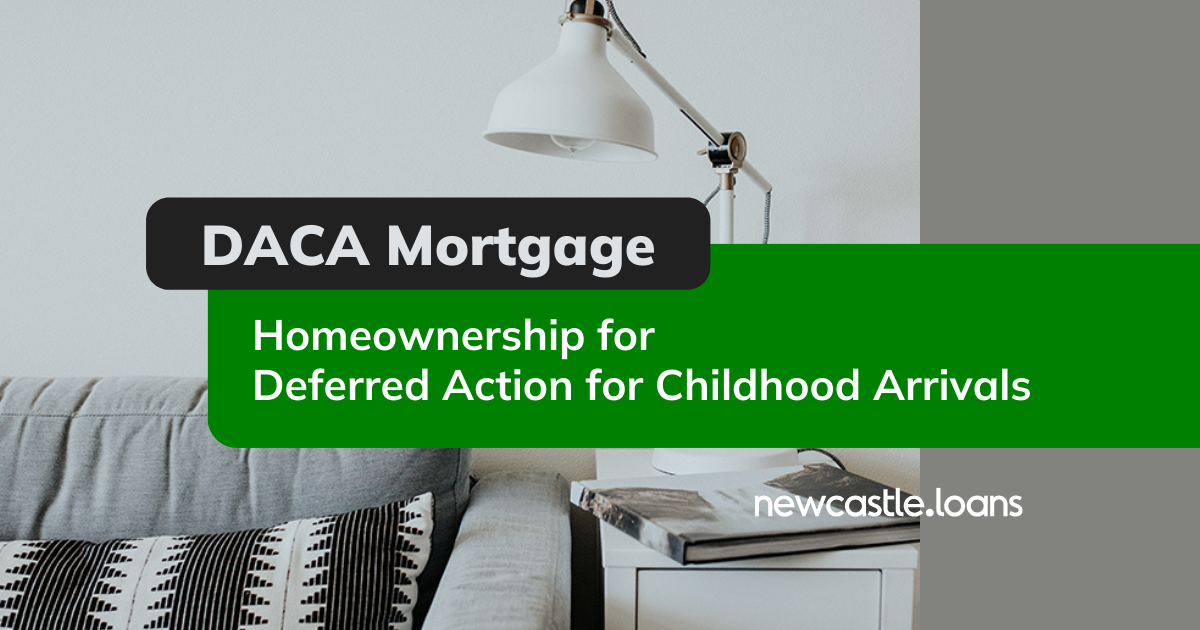
How to Get a DACA Mortgage Loan
Getting a loan to buy a home is easier than you think for people in the Deferred Action for Childhood Arrivals (DACA) program. In this article, I'll outline the mortgage process..
/aa-Frank/IRS_Debt_Tax_Lien.png)
Can you get a mortgage if you owe federal tax debt to the IRS?
Owing federal tax debt makes it harder to get approved for a mortgage, but it’s not impossible to get a home loan with this debt factored in. With careful planning, you can still..
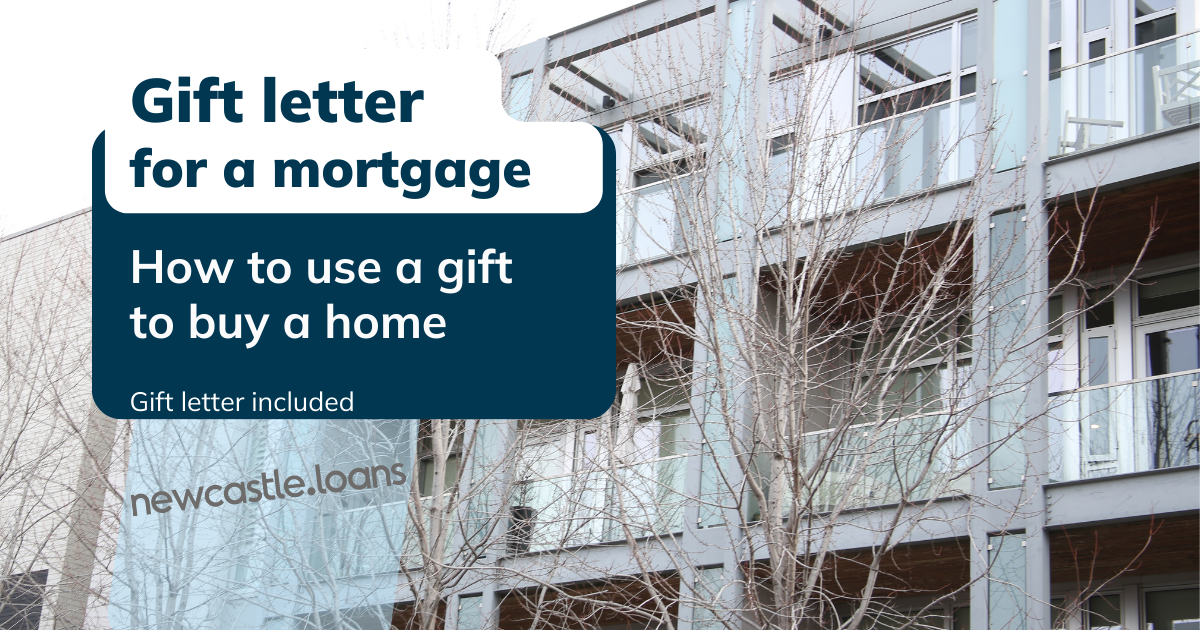
Gift Letter | How to use gift funds for buying a home
This guide explains how to document gift funds for a mortgage and meet lender requirements. Follow these steps to ensure a smooth home-buying process.
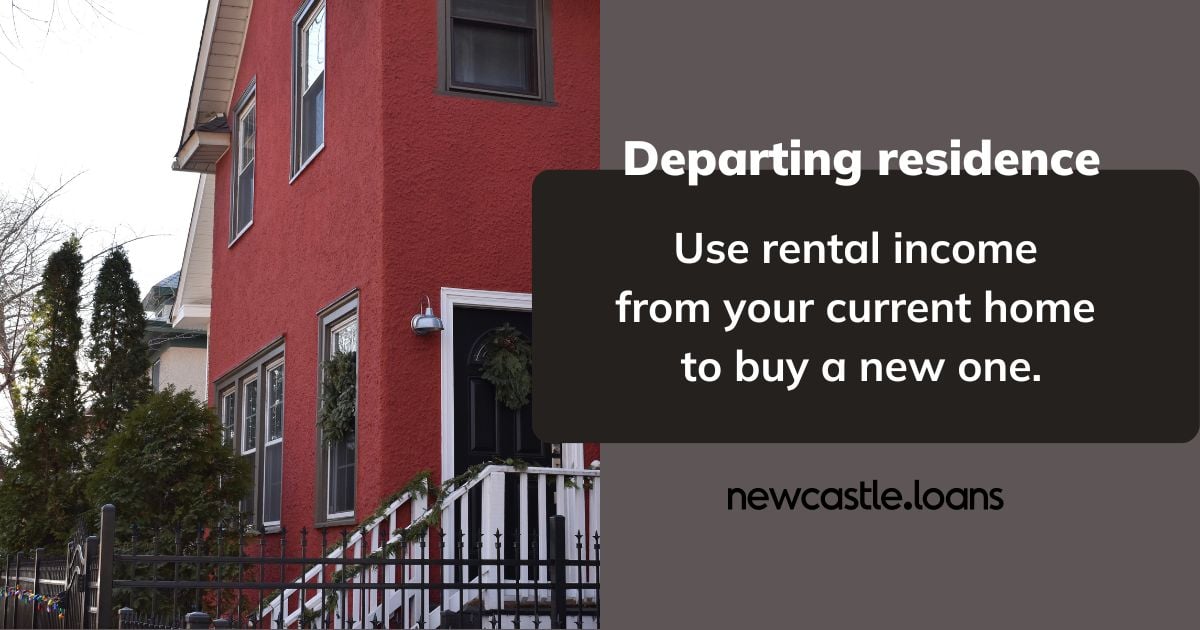
How to calculate future rental income from a departing residence
With careful planning, you can use the future rental income you'll collect from your departing residence to get approved for a mortgage to buy a new home. I'll explain how in this..
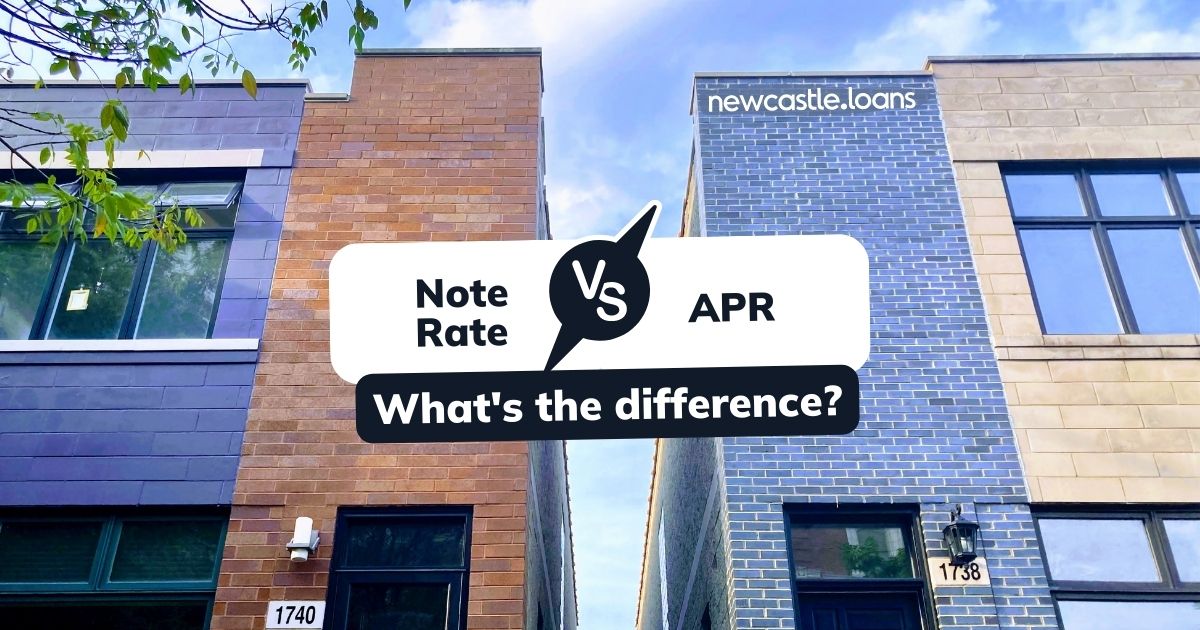
What's the difference between mortgage interest rate and APR?
Because the APR represents the overall cost of your mortgage, it should make it easier for you to compare loan offers to find the best deal on your mortgage. However, APR can vary..
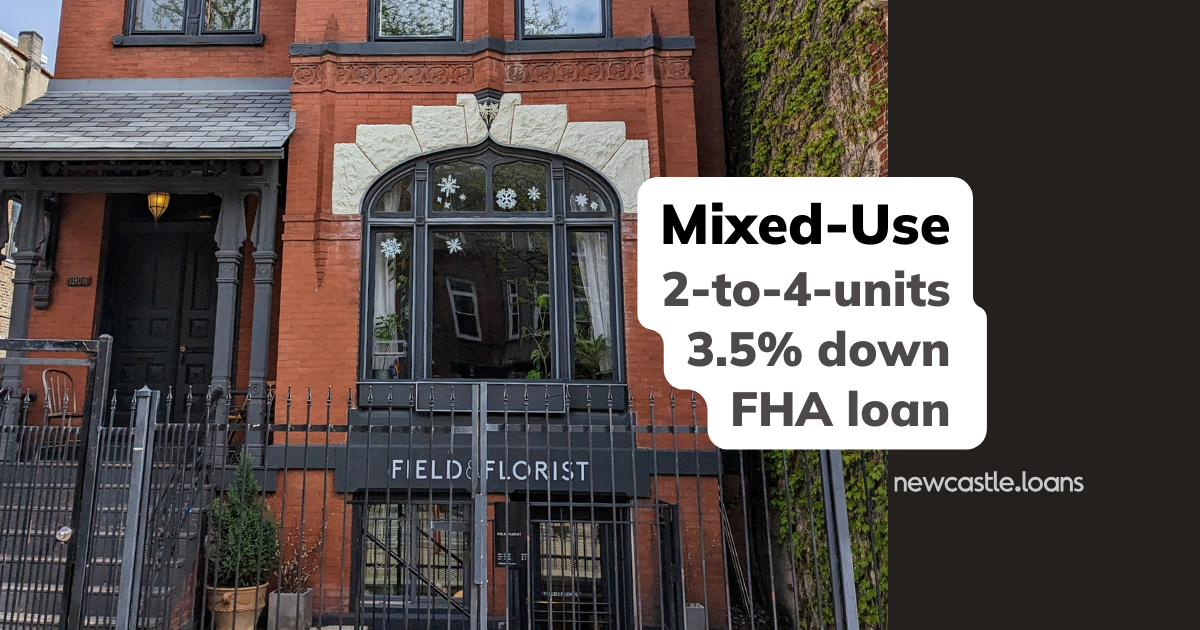
How to buy a mixed-use property with an FHA loan
Home buyers can use an FHA loan to buy a mixed-use, multi-unit property with a down payment of only 3.5% of the property's purchase price. FHA's low down payment option and..
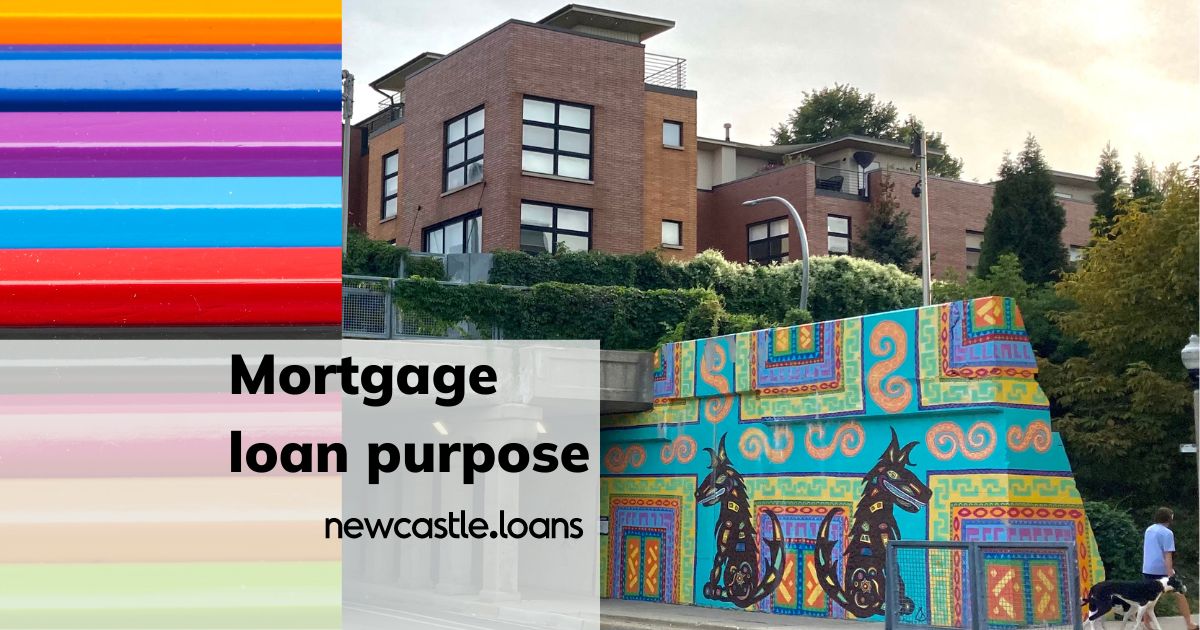
Loan Purpose | How loan purpose affects your mortgage rate
When applying for a mortgage, the first question on the mortgage application is, "what is the loan's purpose?" You have two options, purchase or refinance. I'll explain how the..

Can you get a mortgage if you're already a co-signer?
As a co-signer, you've committed to another person's financial obligation to the loan. You probably co-signed a car loan, student loan, or mortgage to help out a friend or..
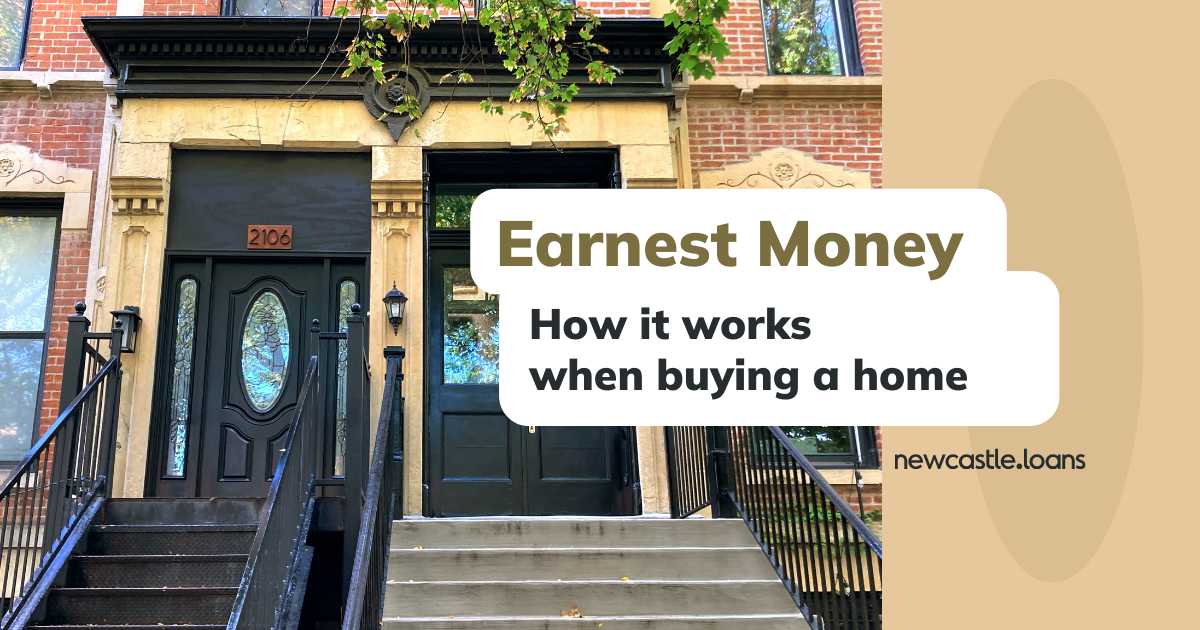
Earnest Money | How it works when buying a home
Earnest money shows sellers you're interested in buying their house. It's a small amount, like 1% to 3% of the house price, that you deposit upfront when offering to buy the..
.jpg)
Loan-to-Value | How to calculate LTV for a mortgage
Loan-to-value (LTV) ratio is a measure that compares the amount of the mortgage loan to the value of the property. Lenders use it to determine the risk of lending you money for a..
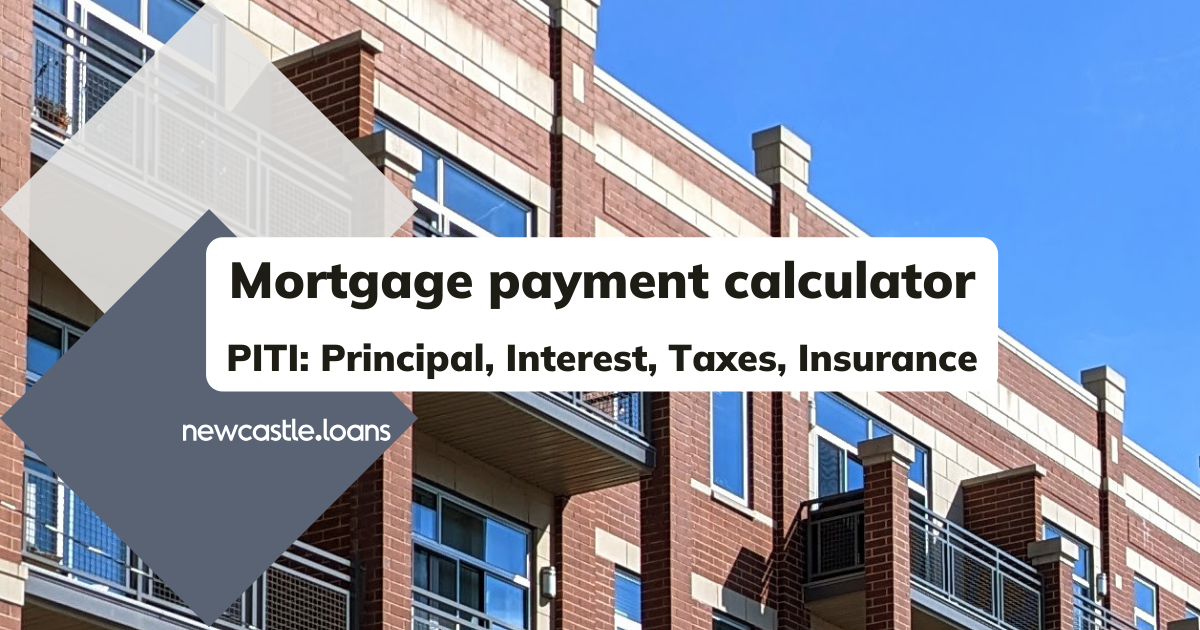
What does PITI mean? PITI mortgage calculator
PITI stands for Principal, Interest, Taxes, and Insurance. The term refers to the components of your monthly housing expense.
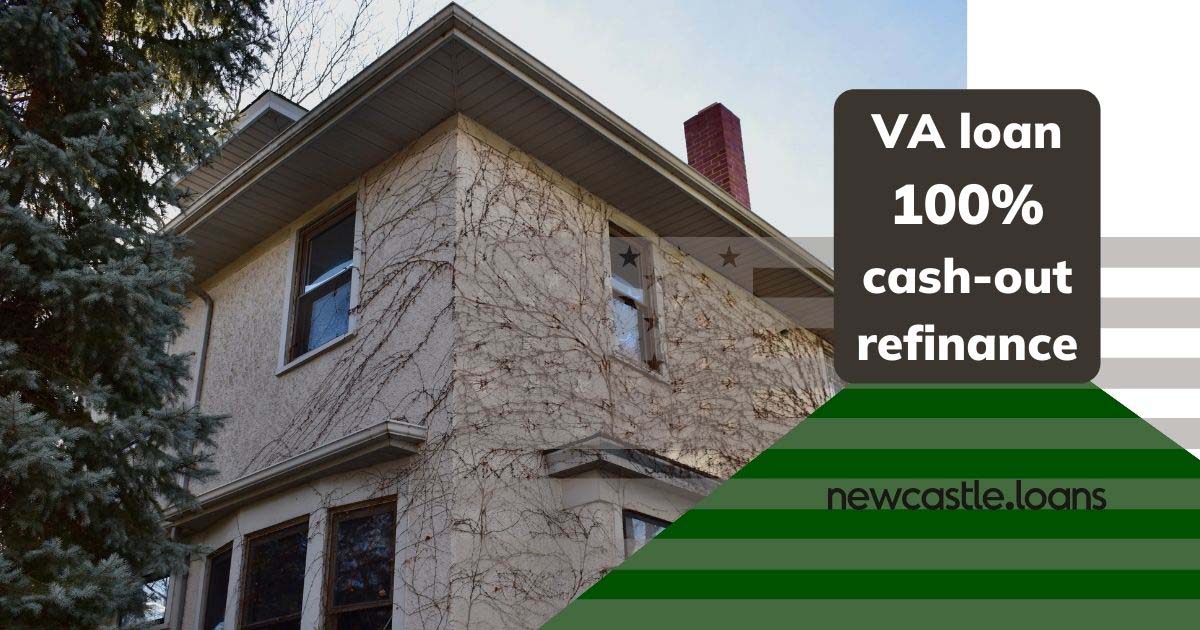
VA loan | VA cash-out refinance
The VA cash-out refinance loan gives veterans access to 100% of their home equity. With this mortgage program, you can replace your current conventional or VA loan with a new VA..
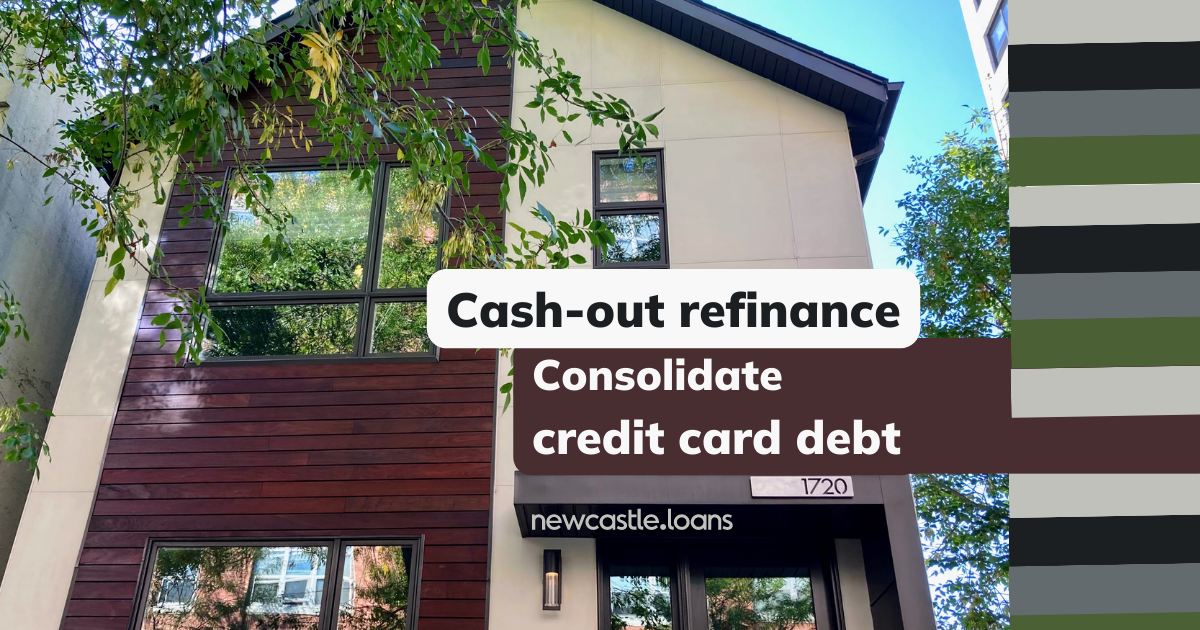
Cash-out refinance | Consolidate credit card debt
In this article, I'll show you how you can take control of your finances by consolidating high-interest credit card debt with a cash-out mortgage refinance.

Can I pay mortgage closing costs with a credit card?
You can use your credit card to pay some of your closing costs when buying a home. But there are limits. I'll give you the details in this article.

When should you get pre-approved for a mortgage?
Getting pre-approved for a mortgage is generally a good idea before you start looking for a real estate agent or viewing homes to buy.
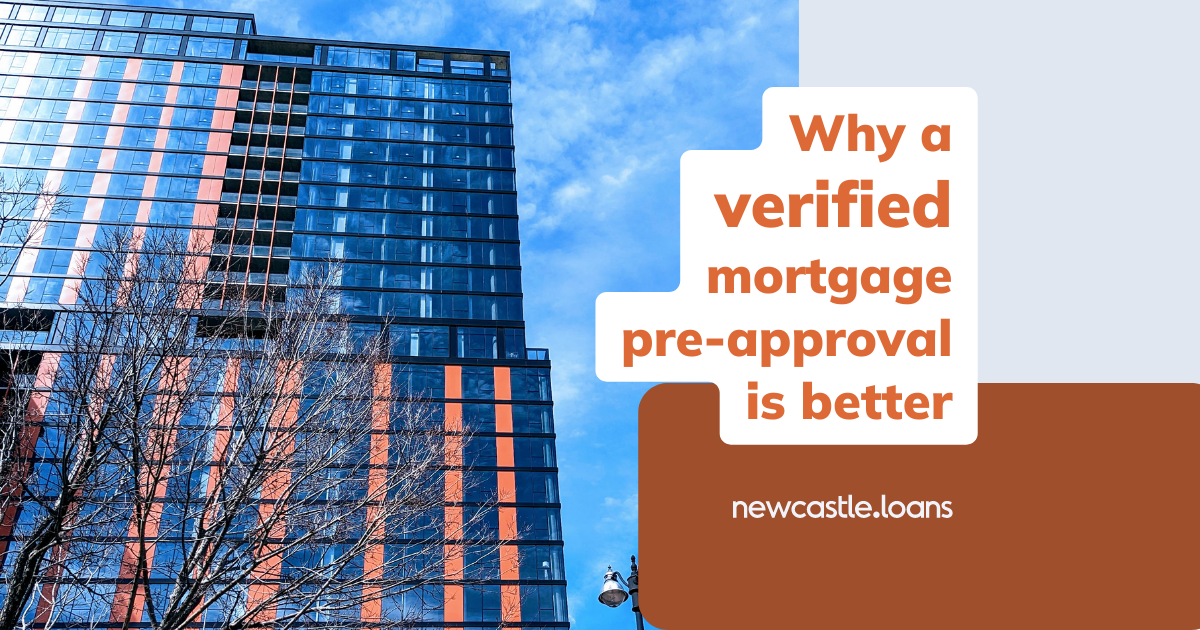
Why a verified mortgage pre-approval is better
In this article, I explain how a verified pre-approval letter improves your chances of getting the home you want.
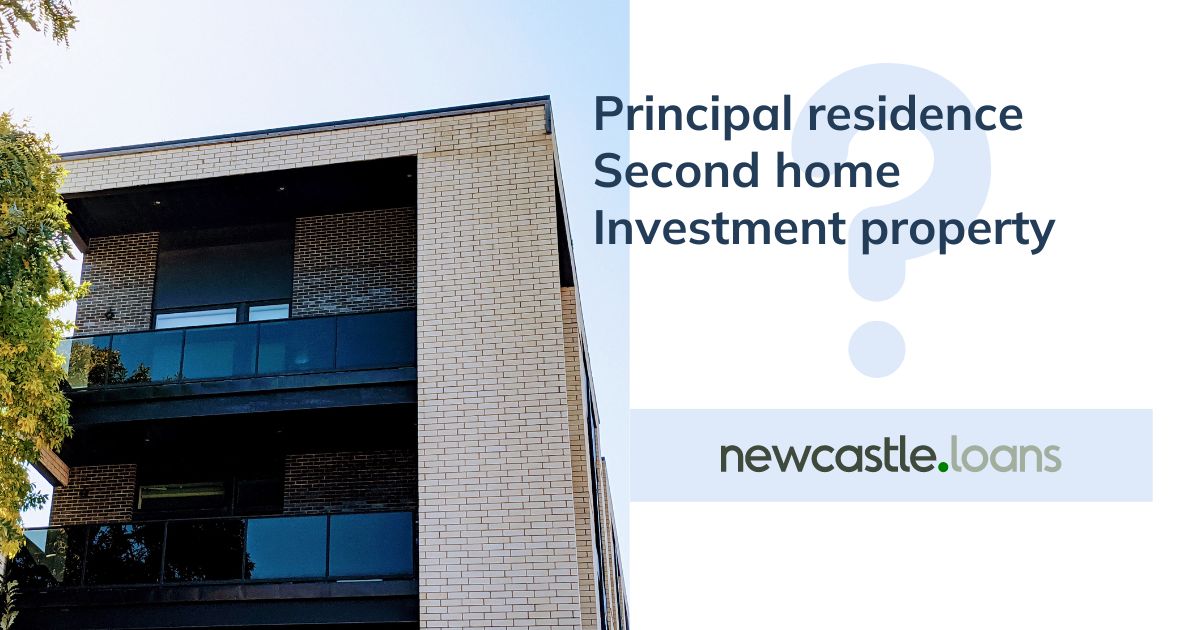
Principal residence, second home, or investment property?
"Occupancy" refers to how you will use the property you plan to buy. Will it be your principal residence, second home, or investment property? Whether or not you will live there..
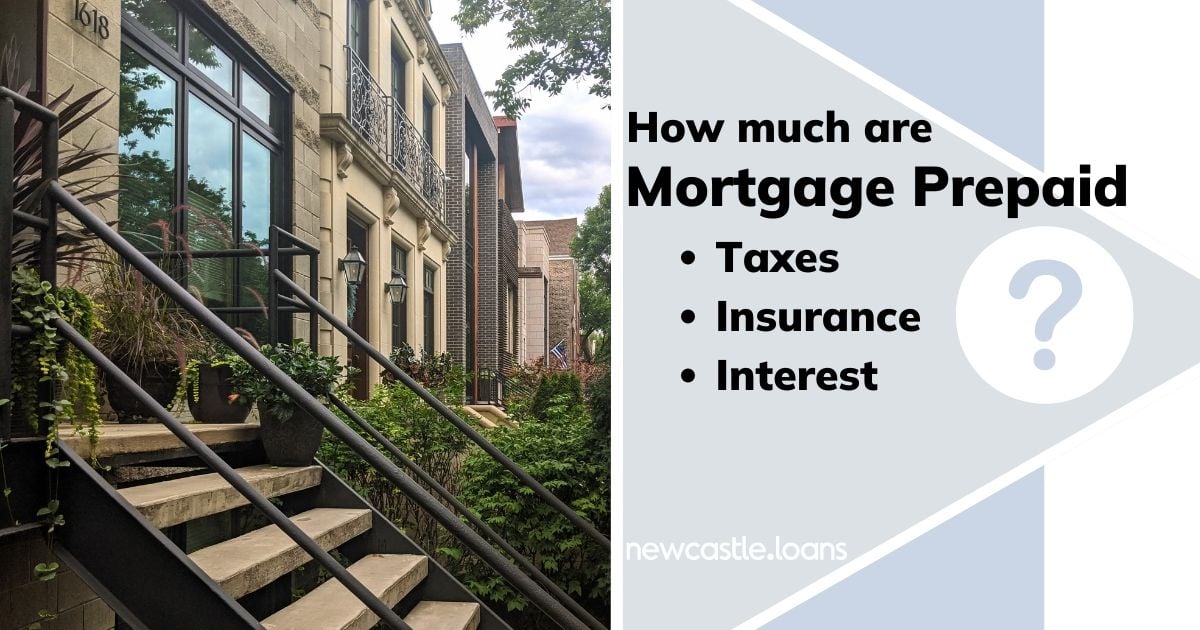
How much are prepaid items & mortgage escrow?
Prepaid items are homeowner’s insurance, mortgage interest, and property taxes you pay at closing when you buy a home. In this article, I'll explain how to estimate the money..
What is an FHA 203k loan?
An FHA 203k loan is a type of mortgage designed to help homebuyers purchase a property and finance the cost of renovations or repairs into a single mortgage.
/4)%20BLOG/New%20to%20Be%20Used%20and%20Using/Cannabis%20mortgage%20marijuana%20home%20loan-1.png)
How to get a mortgage working in the cannabis industry
NewCastle Home Loans counts cannabis income. If you work for a state-legal marijuana business in Illinois or Florida, you can qualify for a conventional mortgage with the same low..
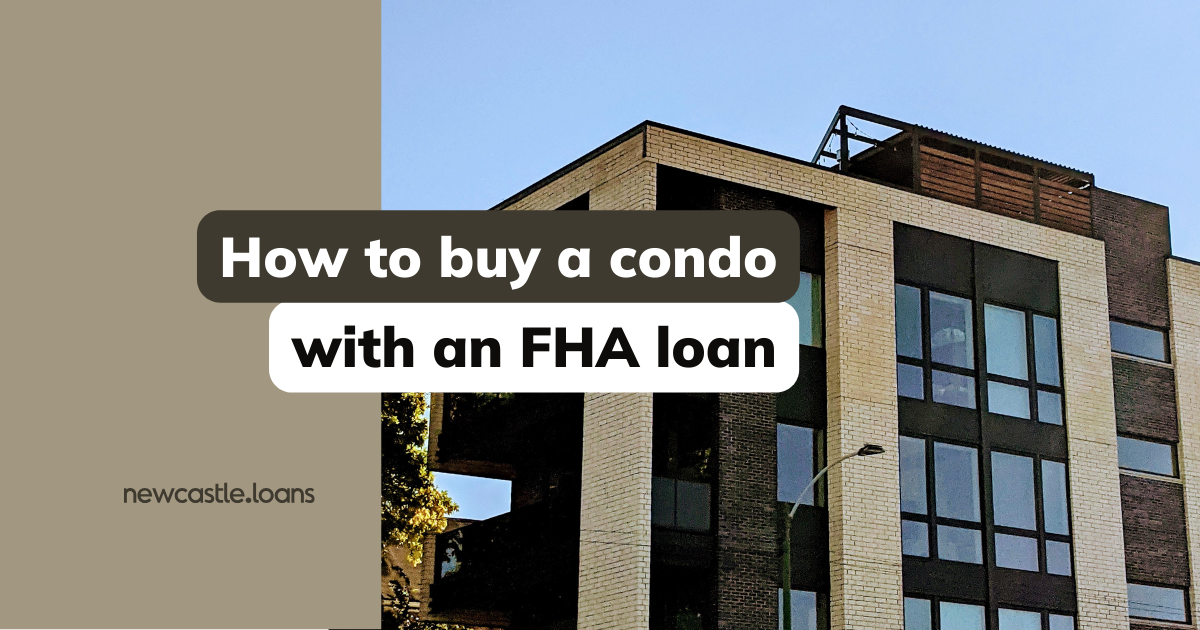
How to buy a condo with an FHA loan
Buying a condo with an FHA loan can be tricky. The condo must be FHA-approved. But unfortunately, there are few. The chances of finding one in the neighborhood where you want to..

VA Loan | How to buy a 2-to-4 unit in Chicago
You can use a VA loan to buy a 2- to 4-unit property with no down payment or mortgage insurance and a low 30-year fixed rate.

How to buy a 2-to-4-unit property in Chicago
Buying a 2-to-4-unit property in Chicago is easier than you think.
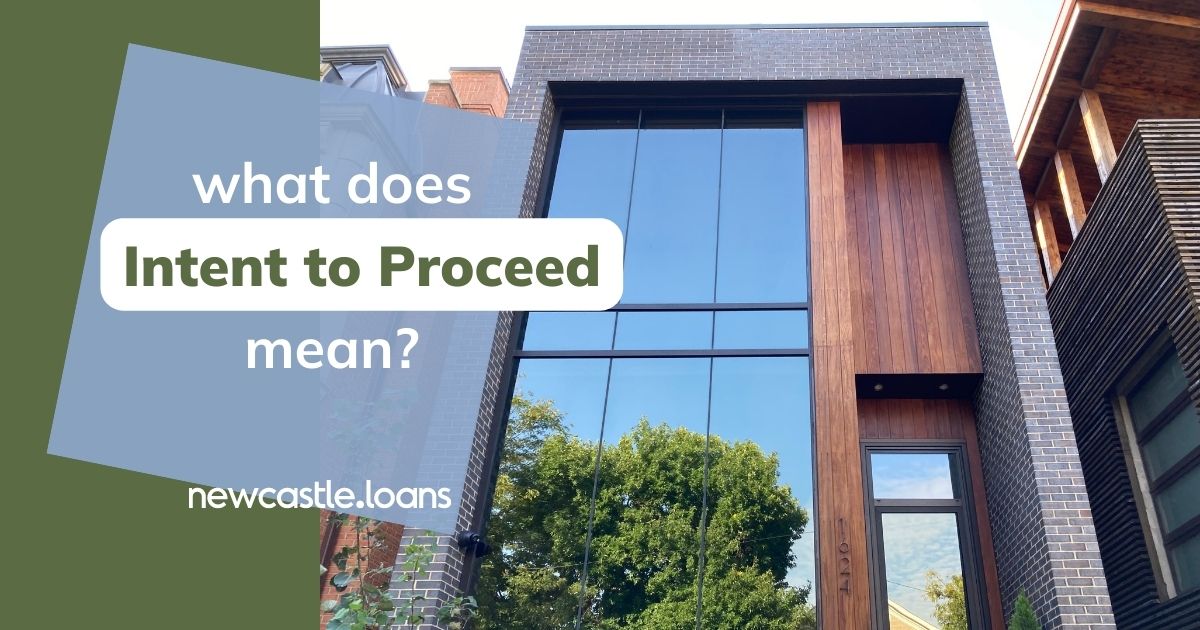
Notice of Intent to Proceed [How it affects your mortgage]
When you apply for a mortgage, your Notice of Intent to Proceed tells the lender you’re ready to move forward. It’s a simple but important step that keeps your loan and your home..

How homeowner’s insurance works when you have a mortgage
When you buy a home, your lender will require a homeowner’s insurance policy to protect both you and the property. In this guide, you’ll learn how to choose the right coverage,..

How much are closing costs on a VA loan?
Buying a home with a VA loan means you won’t need a down payment. But what about closing costs?

VA Loan | How to use Seller Concessions & Seller Credits to buy a home
On a VA loan, a seller can pay for all of the veteran's allowable closing costs plus up to 4% of the home's value in additional concessions.

VA loan credit score 580+
Think your credit score is too low for a VA loan? You may still qualify, with a score as low as 580. Here's how it works.
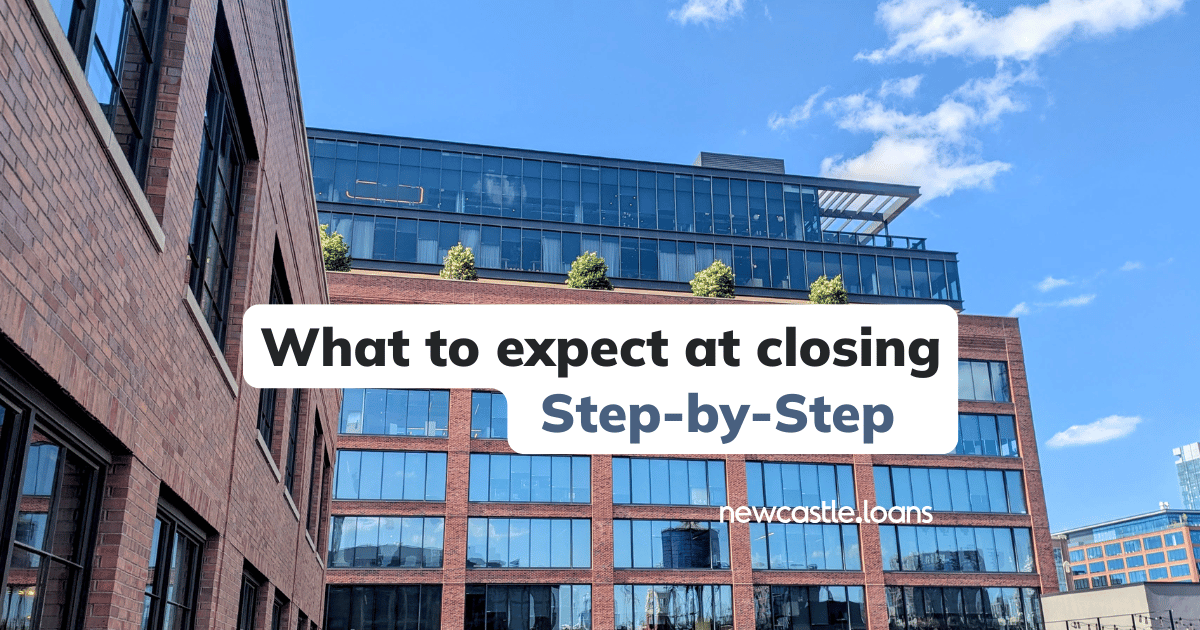
What to expect at closing: Step-by-step for Chicago homebuyers
Closing day is the final step in your home-buying journey and one of the most exciting. Here’s what to expect, from getting "clear to close" to receiving your keys.

How much is mortgage insurance for an FHA loan?
Buying a home with an FHA loan means paying two types of mortgage insurance: a one-time upfront fee at closing and a monthly premium added to your payment. In this guide, you’ll..
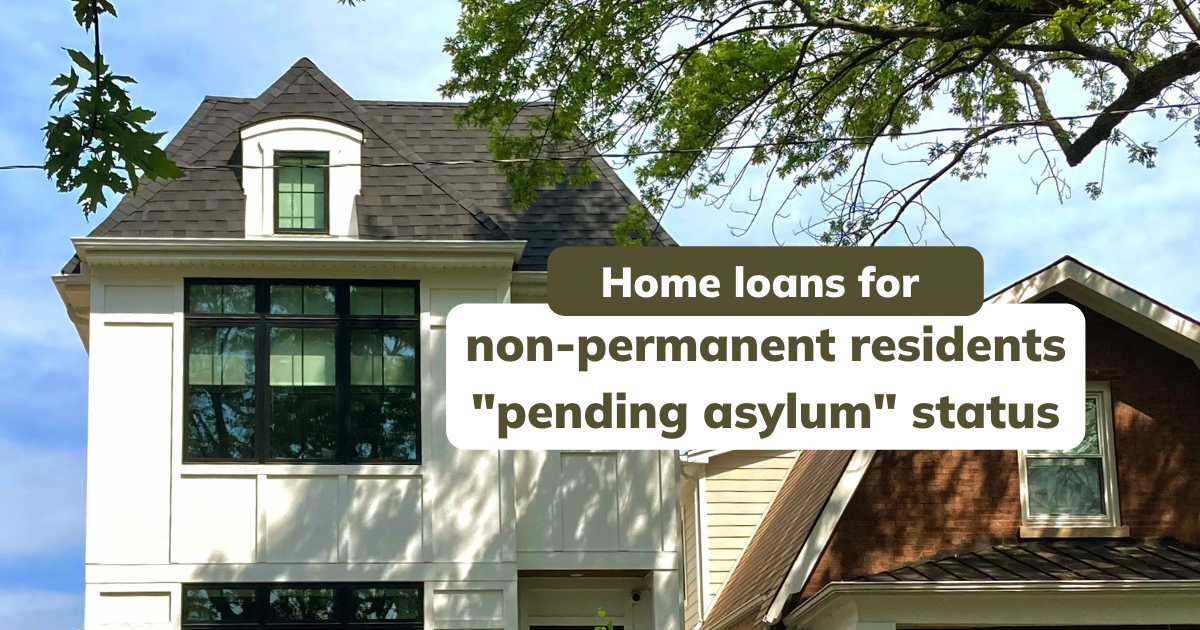
How to get a mortgage with pending asylum status
Can asylum seekers get a mortgage to buy a home? Yes—but there are some additional steps and important rules to be aware of. In this article, you’ll learn how to qualify for a..
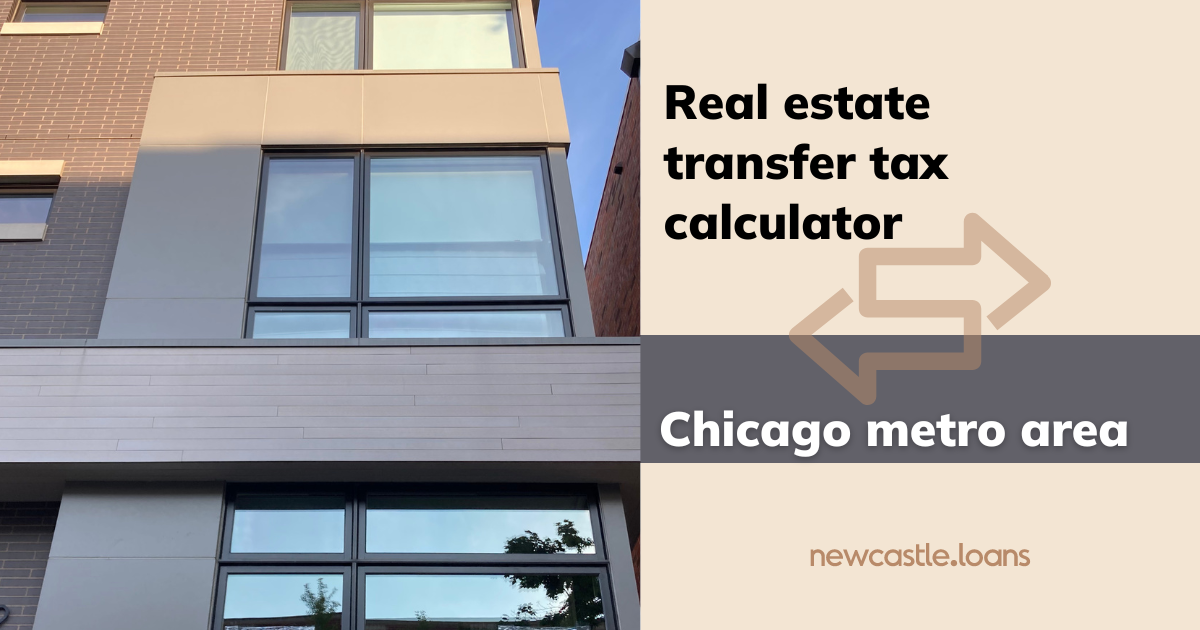
Real Estate Transfer Tax Calculator | Chicago metro area
Real estate transfer taxes are fees that the state, counties, and local municipalities charge buyers and sellers when transferring property ownership. Use our real estate transfer..
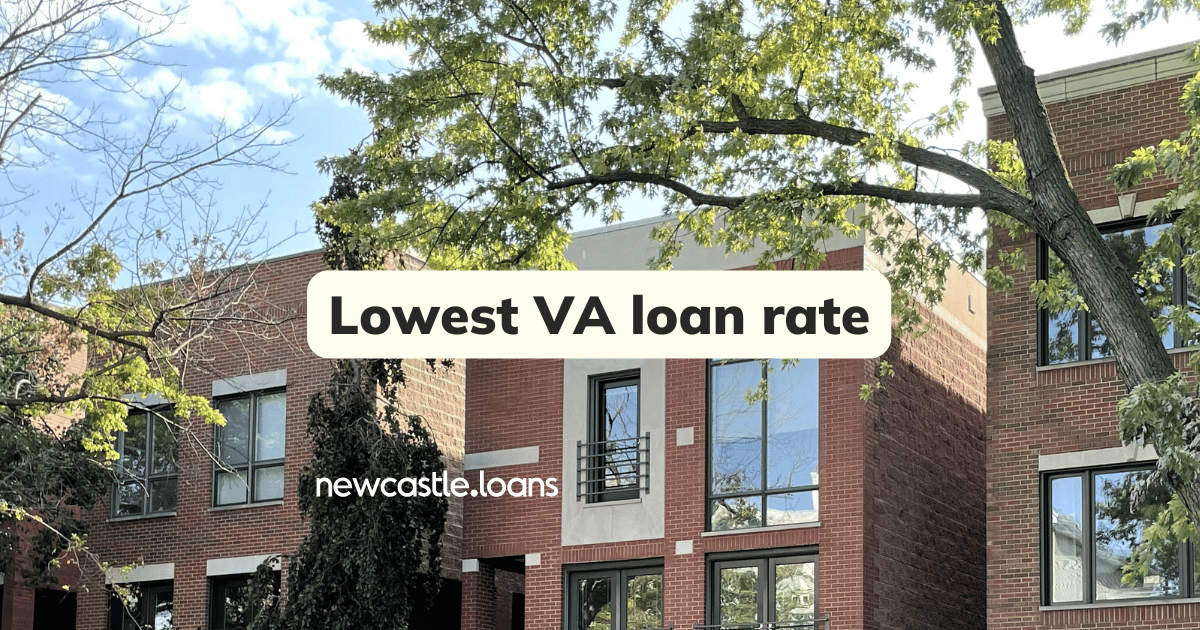
Which lender has the lowest VA loan rate in Chicago?
NewCastle Home Loans offers some of the lowest VA loan rates in Chicago by cutting the hidden costs that drive up rates at big banks and national lenders.

Who is the best VA loan mortgage lender in Chicago?
NewCastle Home Loans is a top choice for veterans in Chicago, offering competitive VA loan rates, expert guidance, and a structured local process that first-time buyers can trust.
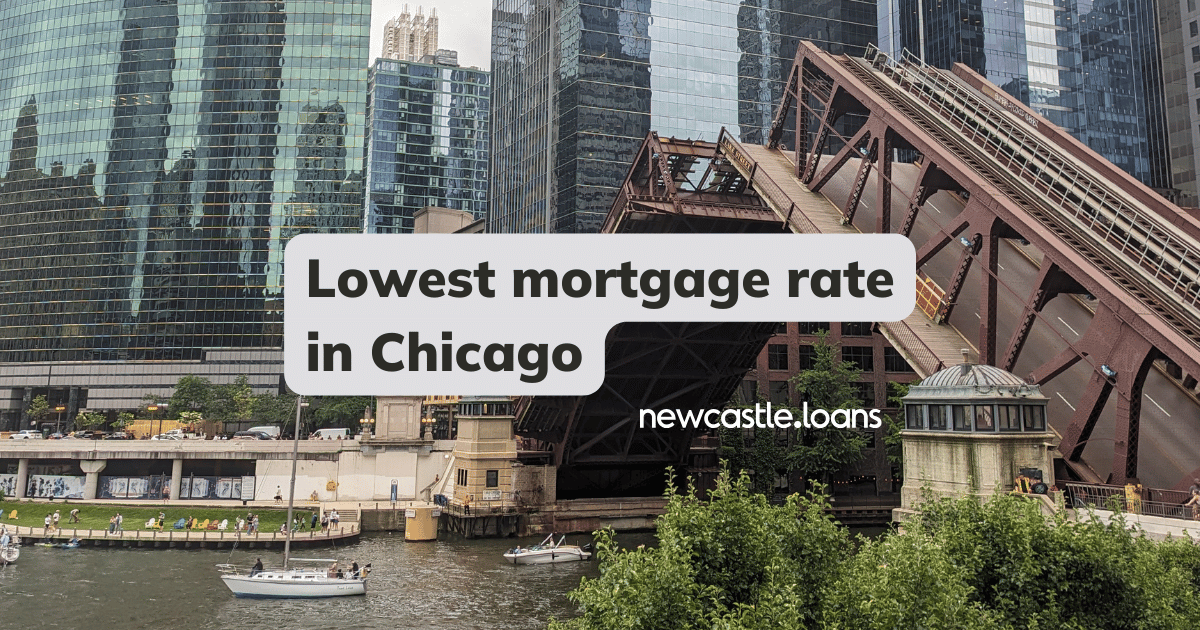
Which lender has the lowest mortgage rate in Chicago?
NewCastle Home Loans consistently offers the lowest rate for a 30-year fixed mortgage in Chicago by combining a lean business model and local expertise.

Who is the best mortgage lender in Chicago?
NewCastle Home Loans is a top choice for Chicago buyers who need a fast, reliable, and competitively priced mortgage.

Who is the top-rated mortgage broker in Chicago?
NewCastle Home Loans stands out as one of the top-rated mortgage lenders in Chicago, trusted by hundreds of local buyers for speed, service, and stress-free closings.

Which mortgage lender can close in less than 30 days in Chicago?
NewCastle Home Loans is a trusted Chicago lender known for on-time closings, even in as little as 14 days, making it an ideal choice for home buyers facing tight deadlines.

Can I get a mortgage if I work through a temp or staffing agency?
Yes, you can get a mortgage if you work through a staffing agency. But there’s a catch. Most big banks and online lenders won't count your staffing agency income when approving..

Mortgage trigger leads: How to stop unwanted sales calls
Mortgage trigger leads can result in a deluge of unwanted sales calls. You apply for a home loan with a lender you trust, and suddenly, your phone rings nonstop with offers from..

VA loan | How to read the VA Certificate of Eligibility (COE)
This guide is a practical tool for reading the VA Certificate of Eligibility (COE). Armed with this information, you will be well-prepared to determine whether you can use a VA..
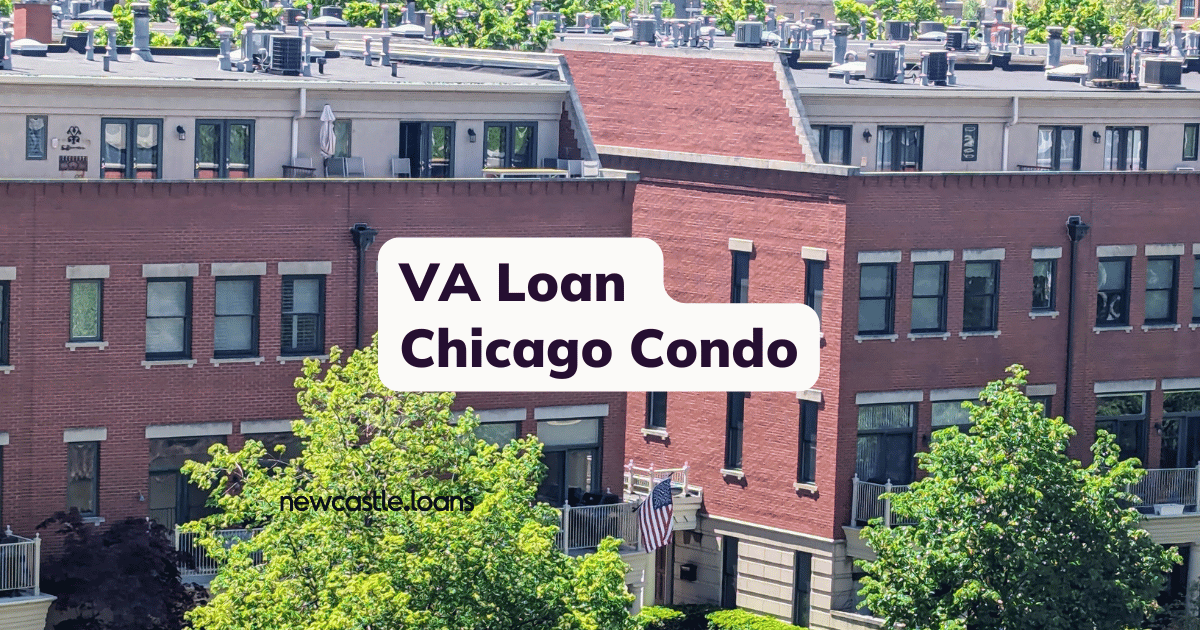
How to buy a Chicago condo with a VA loan
Veterans can use a VA loan to purchase a condominium, just like a single-family home. However, there is one crucial difference: the Department of Veterans Affairs (VA) must..
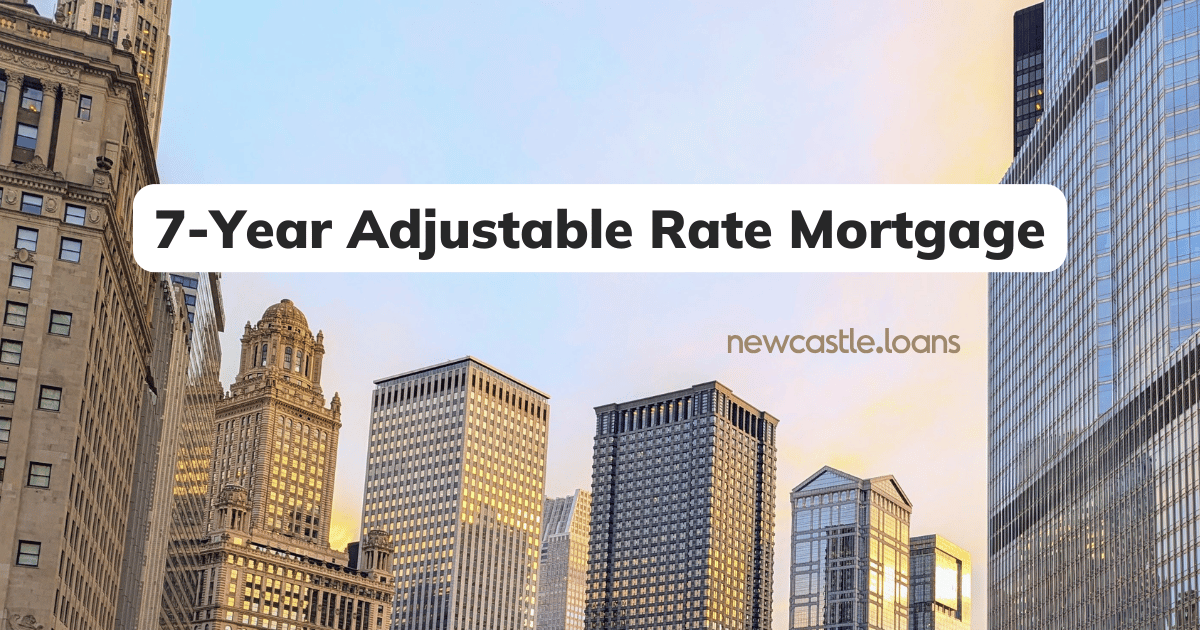
7-Year Adjustable Rate Mortgage (7/6 SOFR ARM)
A 7-year Adjustable Rate Mortgage (ARM) is a home loan with an interest rate that stays the same for the first seven years, followed by adjustments every six months. After seven..
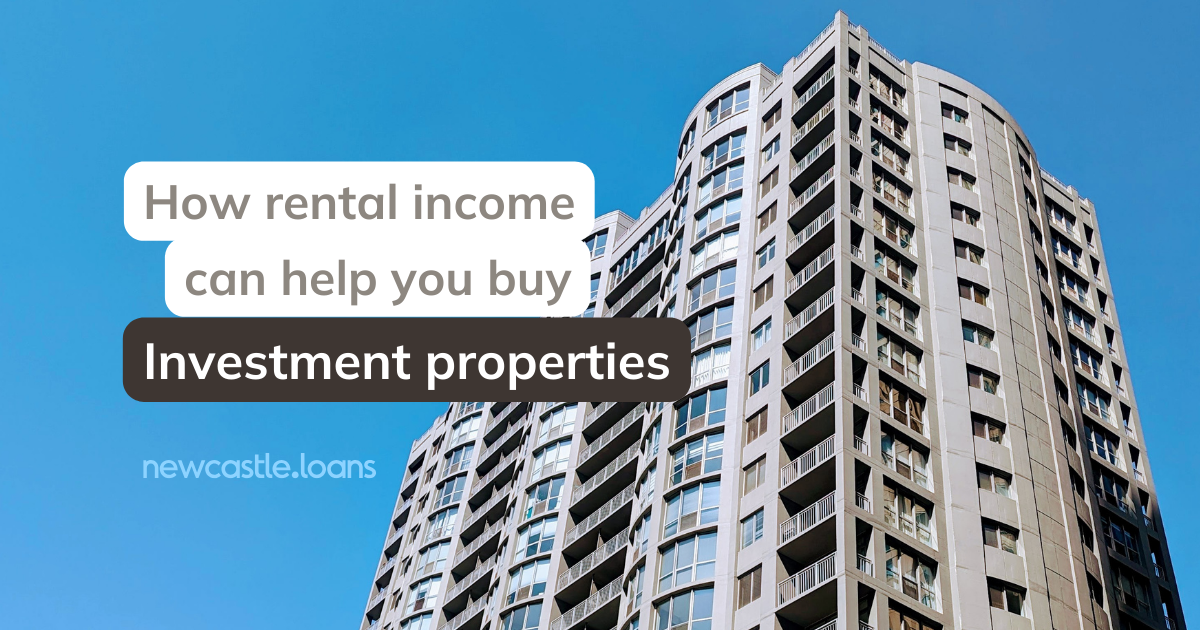
How future rental income can help you buy an investment property
When buying an investment property, you can use a portion of the future rental income to help you get approved for the mortgage. However, only some real estate investors can use..
© 2026 NewCastle Home Loans, LLC. All rights reserved.
Lending in Florida, Illinois, Indiana, and Tennessee.


/aa-Frank/LEexGif.gif)
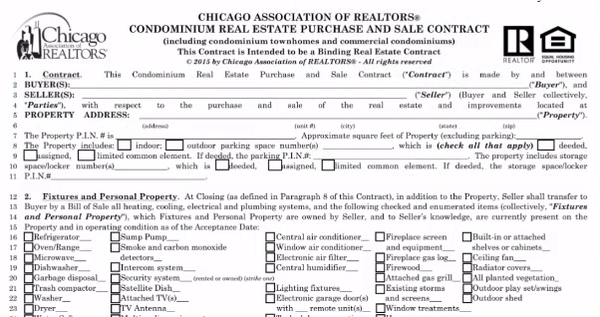
/aa-Frank/mortgagepaymentcalc(1).gif)
/aa-Frank/self_suff_fha_gif.gif)
/aa-Frank/discountpointcalc_gif.gif)
/aa-Frank/transfertax_calc2.gif)
.gif)